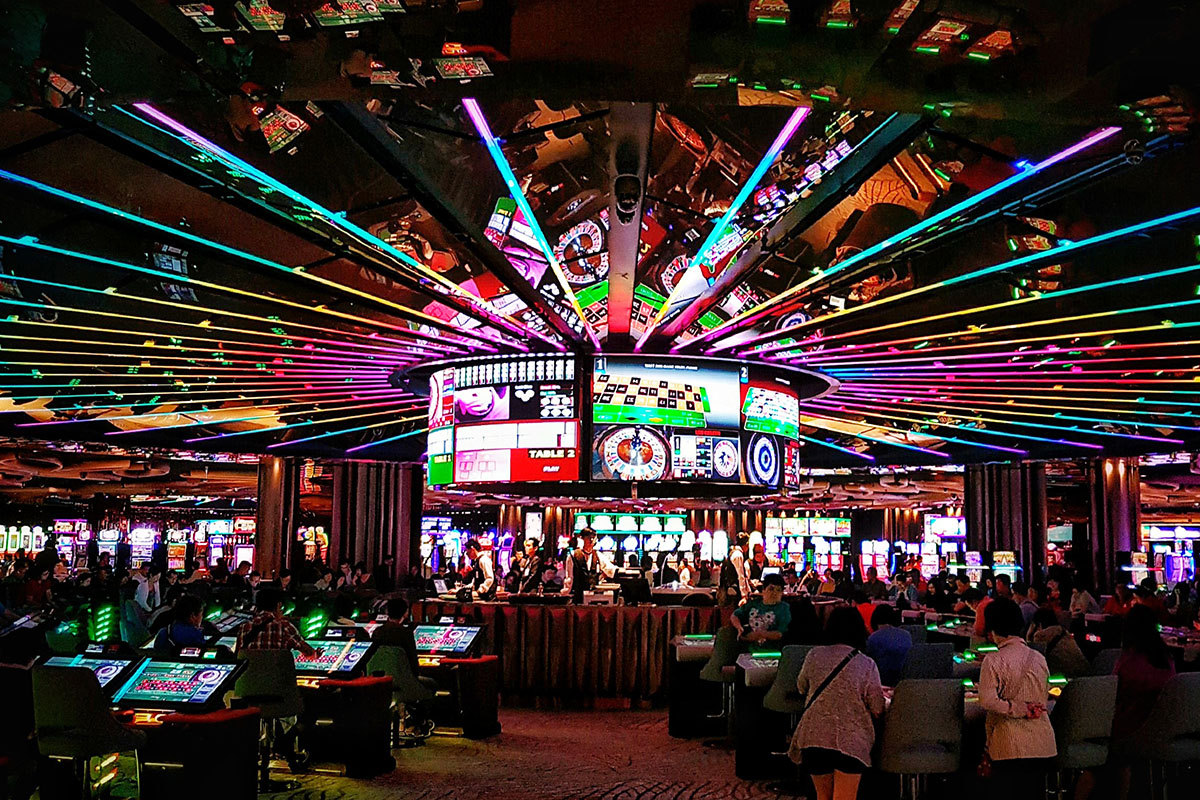
Gambling in casinos has long been a topic of fascination and debate, attracting millions of players globally. With a mix of chance, skill, and the excitement of risk, casino games offer an exhilarating escape from everyday life. However, as entertainment becomes ever more accessible, it invites a deeper examination of the ethical implications surrounding these games.
At the heart of the debate lies the question of whether casinos promote responsible gaming or take advantage of at-risk individuals. The allure of potential winnings versus the reality of losses can create a complex dynamic, and understanding this balance is essential for both players and operators. As we delve into the morals of casino gaming, we will explore the responsibilities of casinos, the effects on society, and the measures that can be taken to foster a better gaming environment.
The Impact of Casino Gaming on Society
Gambling in casinos has a significant influence on society, affecting not only the financial landscape but also social behaviors and community structures. The revenue generated from casinos can lead to employment opportunities and boost local economies, as they provide numerous employment opportunities in different sectors including hospitality, leisure activities, and retail. However, while the economic advantages can be significant, communities often grapple with the possible negative impacts that arise from increased gambling activity.
Moreover, the presence of casinos can lead to an increase in gambling addiction, presenting significant challenges for players and families. The excitement of casino games can quickly evolve into a habitual habit, affecting connections with others and leading to monetary issues. Many players may struggle with the loss of control over their gambling habits, resulting in a need for community support services and help to address this increasing issue. The social cost of gambling addiction can extend through families and neighborhoods, creating an urgent need for sensible gambling approaches.
In addition to the economic and social ramifications, casino gaming often reflects cultural attitudes towards uncertainty and entertainment. It can encourage a sense of joy and leisure, attracting visitors and boosting tourism. However, this allure may also mask the broader implications of gambling as a form of entertainment, raising ethical questions about its advertisement and accessibility. As communities weigh the advantages and drawbacks of casino gaming, the need for responsible practices and regulation becomes increasingly critical in ensuring that the positive aspects are enhanced while reducing the potential harms.
Ethical Concerns in Gambling Activities
The ethics of casino operations often center around the potential for dependency and its effects on individuals and households. Gambling can lead to serious financial distress, impacting not only the gamblers but also their families. As people become entrapped in the allure of winning, many lose sight of their budget, which can result in catastrophic outcomes such as insolvency. This raises moral questions about the duty of casinos in promoting responsible gaming habits and providing support for those who may be struggling with gambling addiction.
Another major issue is the promotion of gambling to at-risk populations. Gambling establishments often target low-income individuals or communities with the promise of fast rewards, which can perpetuate cycles of financial struggle and hopelessness. In this context, the ethics of advertising strategies used by gambling establishments come under scrutiny, as they may exploit the desperation of people seeking an way out from financial hardships. This manipulation raises ethical questions about the honesty of the betting industry and its responsibility to safeguard its most vulnerable customers.
Additionally, the impact of gambling gaming on the community as a entirety cannot be ignored. While some argue that casinos create jobs and boost local economies, others point to the community costs associated with dysfunctional gambling, increased crime rates, and a strain on public services. Balancing financial advantages with the risk for community issues presents a complex ethical dilemma for policymakers and gambling operators alike. The difficulty lies in discovering a responsible approach that takes into account the welfare of people and communities while still permitting for the enjoyment of casino activities.
Oversight System and Duties
The regulatory framework pertaining to gaming activities is designed to ensure fairness, trustworthiness, and player protection. Multiple government agencies and gaming commissions set and implement regulations that dictate how gambling activities function, the guidelines for product design, and the procedures for handling prizes. These regulations differ by region but commonly involve permit requirements for businesses and rigorous measures to prevent fraud and scams.
In furthermore to regulatory bodies, gaming operators bear major responsibility in preserving ethical standards within their facilities. They must adopt responsible player practices that promote gambler security and education, including providing self-ban options and providing information about the dangers associated with gambling. Casinos are also accountable for educating workers to identify signs of compulsive gambling and know the proper actions to assist visitors in trouble.
Moreover, transparency in casino operations is essential for earning and preserving public trust. Casinos should provide clear details about the chances of activities, promotional deals, and any associated risks. By fostering an culture of transparency and responsibility, gambling establishments can help lessen the potential negative impact of gaming while boosting the general gaming experience for all participants. BJ8885.com
